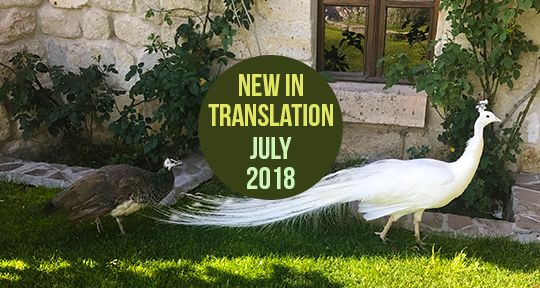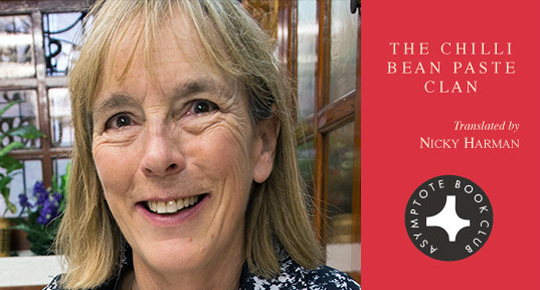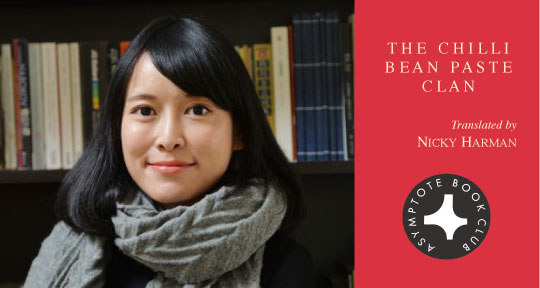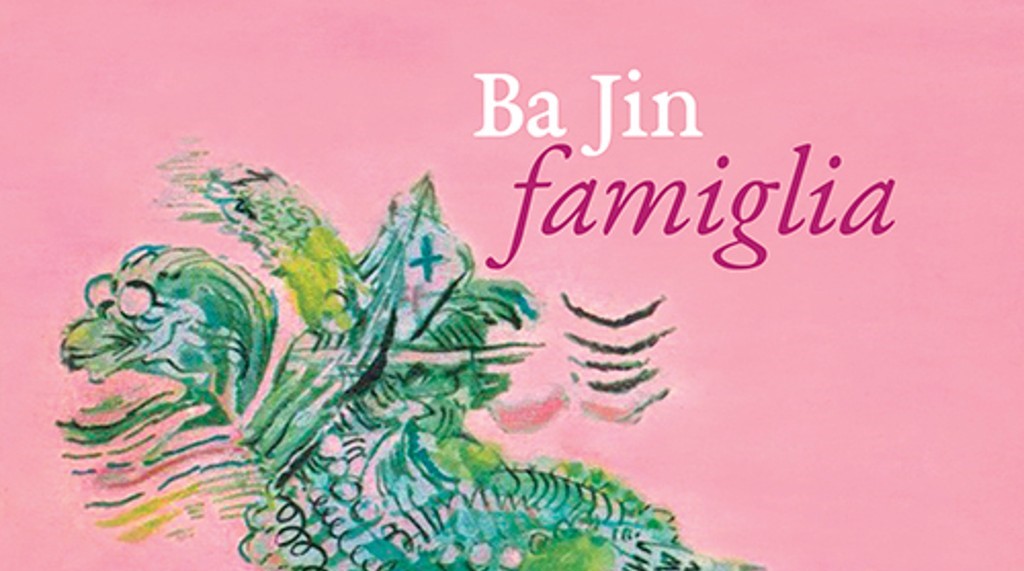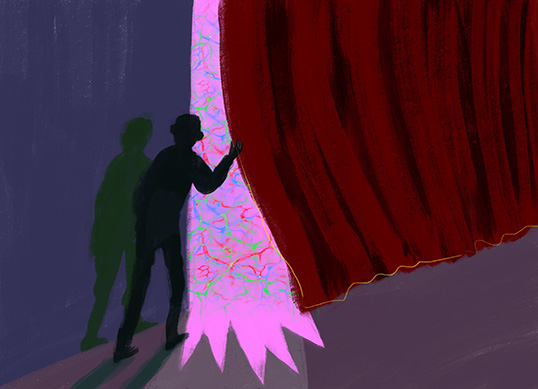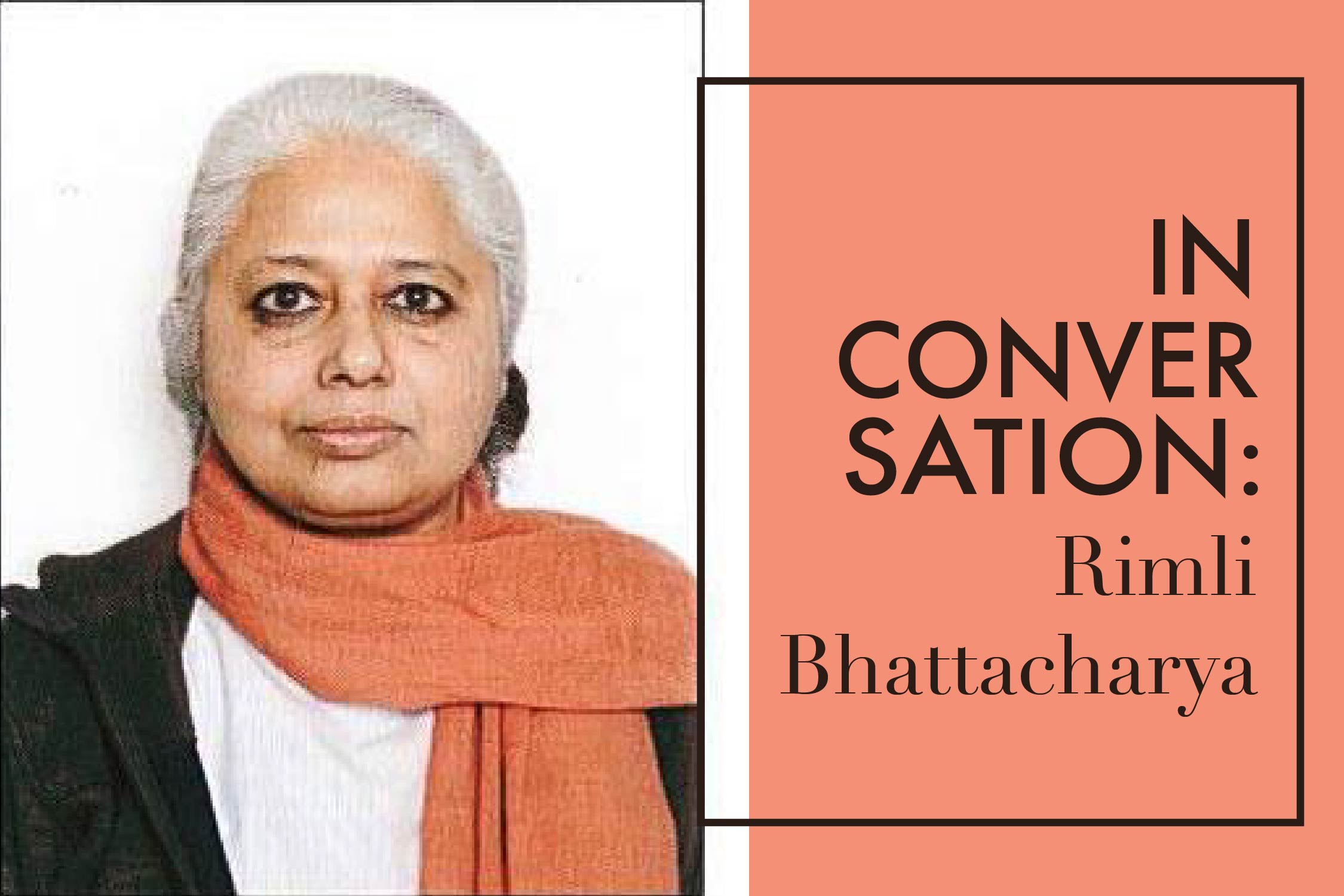For many, summertime offers that rare window of endless, hot days that seem to rule out any sort of physical activity but encourage hours of reading. While these might not be easy beach reads in the traditional sense of online listicles, we are here with a few recommendations of our favorite translations coming out this month! These particular books, from China, France, and Argentina, each explore questions of masculinity, death, and creativity in unexpected ways while also challenging conventional narrative structures. As always, check out the Asymptote Book Club for a specially curated new title each month.
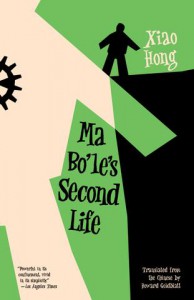
Ma Bo’le’s Second Life by Xiao Hong, translated from the Chinese by Howard Goldblatt, Open Letter, 2018
Review by Sam Carter, Assistant Managing Editor
The “second life” in the title of this scintillatingly satirical novel alludes to how we live on in fictions as well as to how fictions sometimes take on a life of their own. Partially published in 1941 simply as Ma Bo’le, Xiao Hong’s late work was in the process of being expanded, but the throat infection and botched operation that cut her life short at age thirty left further planned additions unfinished. Fortunately for English-language readers, though, it’s now been capably, inventively, and gracefully completed by Howard Goldblatt in an exemplary instance of a translation demanding—as do all renderings into another language—that we attend to its twinned dimensions of creativity and craft. Previously the translator of two Xiao Hong novels as well as a quasi-autobiographical work, Goldblatt was undoubtedly the perfect person to carry out what he fittingly calls “our collaboration,” which is the result of “four decades in the wonderful company—figuratively, intellectually, literarily, and emotionally—of Xiao Hong.”

